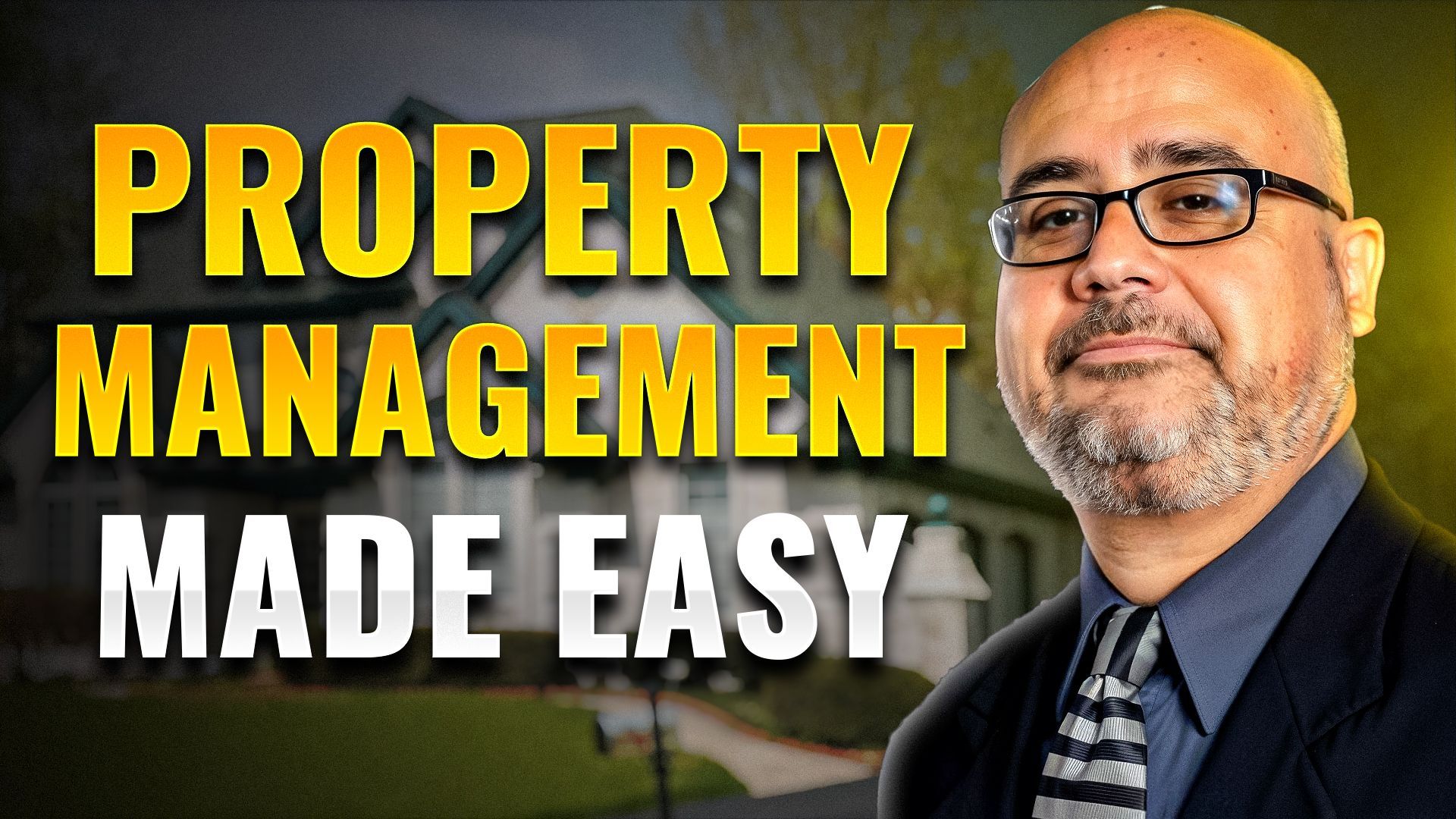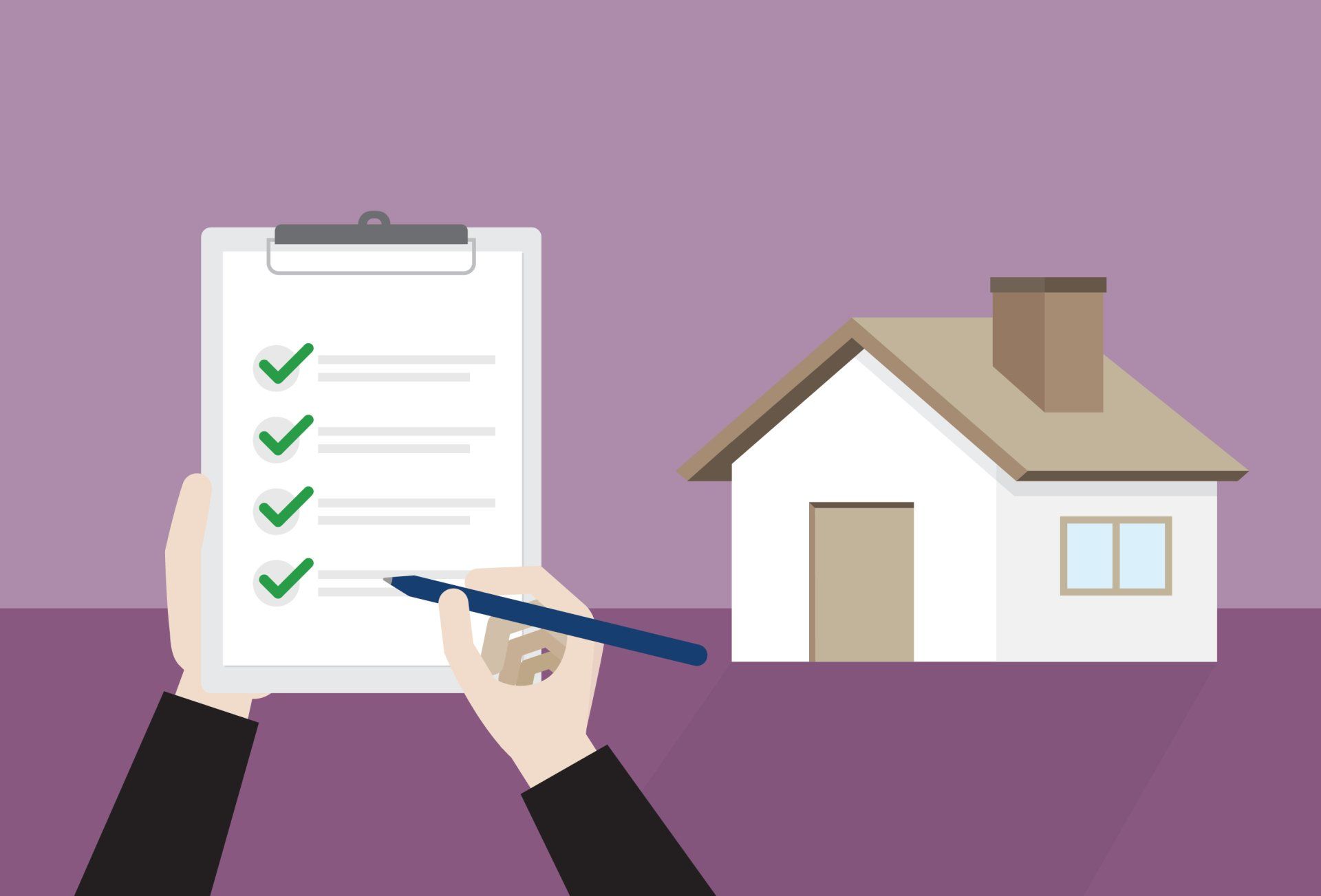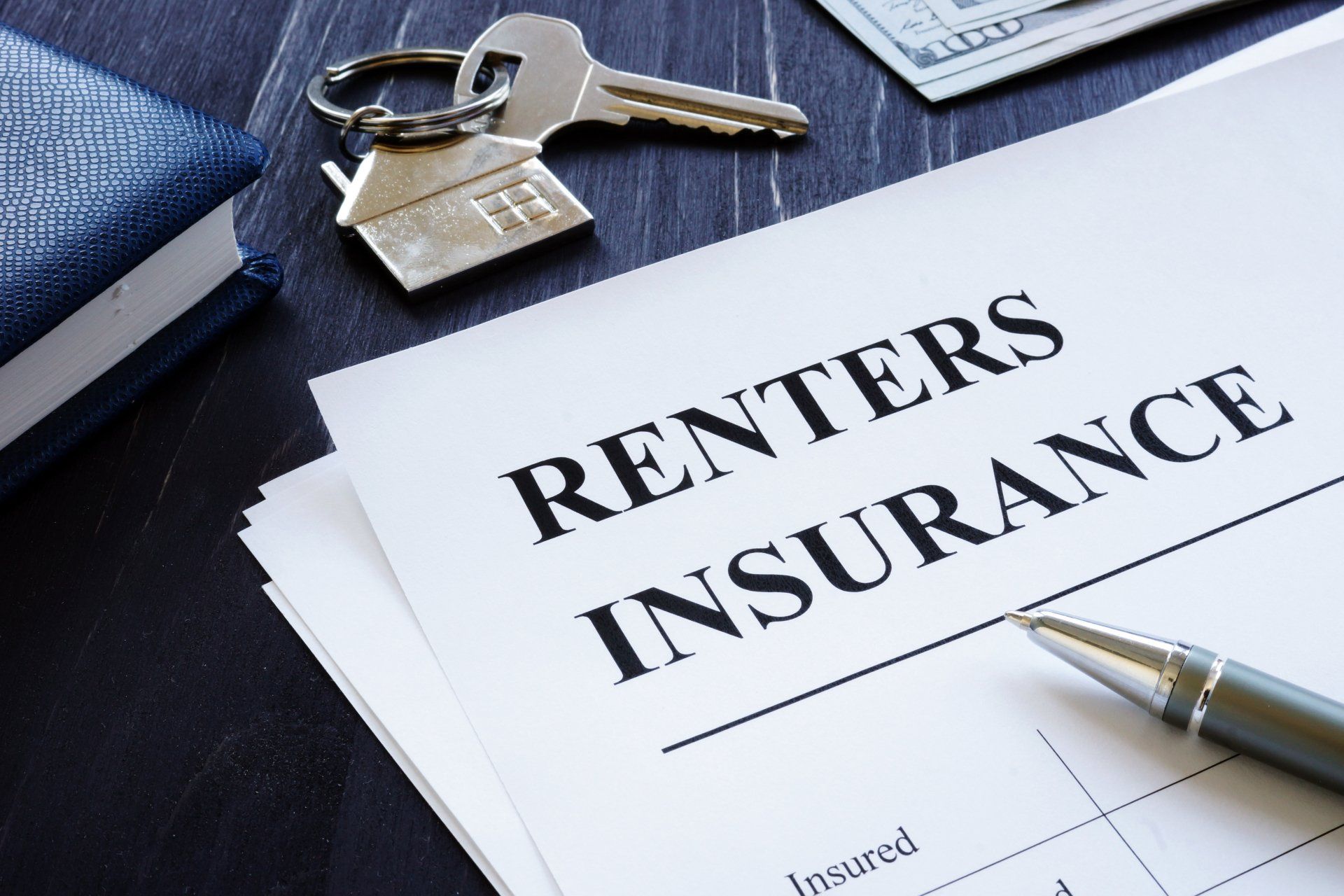What's the Difference: Landlords vs Property Managers?

Landlords and property managers: they're two very different entities. While some tasks and responsibilities may overlap between the two, landlords and property managers may have a slightly different focus. Understanding the difference between the two can be critical for people who are interested in renting a property.
What is the Difference Between a Property Manager and a Landlord?
When it comes to renting, there are several people that you have to take into consideration.
Property Owners
Property owners are the people who own the property. They can choose to manage the property themselves or to turn those responsibilities over to someone else: a property manager.
Landlords
While some people use the term "landlord" to mean the same thing as "property owner," landlords are generally property owners who take a very hands-on approach to managing the property. They take on the task of collecting rent, arranging for repairs to the property, and managing the unit in between tenants.
Property Managers
Property managers are third parties that take over the task of managing the property for the landlord. When a landlord uses a property manager, that person will be responsible for setting prices for the unit, turning over units between tenants, approving prospective tenants, maintaining the unit, and handling any problems that may crop up., from tenant disputes to repairs and complaints. The property manager will also typically collect rent and handle evictions and other tasks that the landlord does not want to take care of. Property managers can be either a single entity--often an individual who lives on the property to help with managing it--or a company.
Property Management Companies
Property management companies take on the responsibilities of a property manager for multiple properties. Often, they can secure better deals for their landlords, since they may have large contracts with insurance companies, pest control, repairmen, and more. Property management companies can also help prospective tenants with the tools they need to be successful, and may make things like paying rent or reporting problems more convenient. They're often accessible 24/7, rather than the more limited hours kept by some individual property managers and landlords. However, property management companies may have more rigid policies regarding rent payment, renter offenses, or move-in and move-out requirements.
What's the Critical Difference Between a Landlord and a Property Manager?
The biggest difference between a landlord and a property manager is that a landlord owns and manages the property, while a property manager simply takes care of those vital management tasks. While both may perform many of the same functions--and a renter's rights and responsibilities likely will not change based on whether a landlord or property manager is taking care of the property--a property manager or property management company is usually accountable to a landlord.
Landlords often bring a more personal touch to the rental arrangement.
Landlords are often prepared to help new renters settle in, whether that means providing information about the surrounding area or helping those renters figure out what to do next. They may take the renter's personal desires into account when taking care of repairs or making upgrades to a unit while someone is living in it.
Property management companies are often more rigid in their approach.
They may have specific move-in days or a specific day of the month when the rent is due, regardless of whether that arrangement works for a specific renter or not. Frequently, property managers will maintain an all-business approach, while landlords may be willing to negotiate some of the more critical details. Property managers may also not have the ability to approve specific changes, like an alteration of the usual rent agreement. Some property managers will take those concerns to the property owner, while others, especially those who work for property owners who are very hands-off in their management strategy, may not have any room to negotiate or make changes.
Property managers are usually more accessible and will take care of needed work on your unit faster.
Finding that your unit needs repairs can be incredibly frustrating. A property management company is usually accessible 24/7 for emergencies or calls about potential problems. Not only that, they're often better positioned to get the work taken care of quickly. Big property management companies often have agreements with local repairmen that will allow them to bring those repairmen out quickly and take care of any problems as quickly as possible. They will usually make the call to schedule maintenance quickly, and may even put in a rush on important repairs. Landlords, on the other hand, may handle maintenance requests themselves, which leaves you at the mercy of their schedules. Since many landlords also have other jobs and responsibilities, they may not even get around to calling in a repair need until several days after the initial request.
Property management companies may provide more convenience.
Many property management companies will use apps or online submissions to take care of rent payments, maintenance requests, and more. Instead of having to call the property management company directly--particularly challenging if you work unusual hours and don't have the opportunity to call when people are most likely to be in the office--you can often submit those requests virtually. Virtual options can also streamline rent payments and make them more convenient no matter when you take care of them. Landlords, on the other hand, often do not have access to the same technology that you might have come to expect from previous property management companies--and they may not be accessible outside of typical business hours or, by contrast, during typical business hours, if they work at another job.
Deciding whether you want to work with a property management company or a landlord is a personal decision for each renter. Before you sign a lease, however, make sure you carefully consider which type of property management arrangement best fits your specific needs--and make sure you know how to contact your unit's overseer, whether landlord or property manager, in the event of an emergency.
For more information on property management, contact Century 21 Americana Property Management.
Blog















